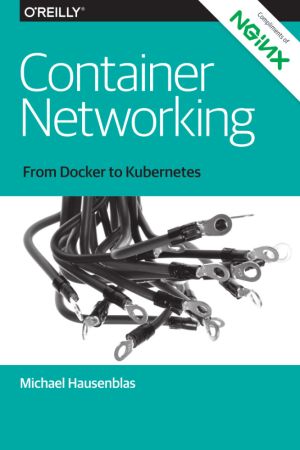Container Networking
From Docker to Kubernetes
by Michael Hausenblas
DescriptionTable of ContentsDetailsHashtagsReport an issue
So, you're satisfied with how quickly you were able to containerize an existing, say, Python app, and now you want to connect it to another container that has a database, such as PostgreSQL. Also, you don't want to have to manually launch the containers and implement your own system that takes care of checking if the containers are still running and, if not, relaunching them.
At this juncture, you might realize there's a challenge you're running into: container networking. Unfortunately, there are still a lot of moving parts in this domain and there are currently few best practice resources available in a central place. Fortunately, there are tons of articles, repos, and recipes available on the wider internet and with this book you have a handy way to get access to many of them in a simple and comprehensive format. 





Book Description
When you start building your first containerized application, you're excited about the capabilities and opportunities you encounter: it runs the same in dev and in prod, it's straightforward to put together a container image using Docker, and the distribution is taken care of by a container registry.So, you're satisfied with how quickly you were able to containerize an existing, say, Python app, and now you want to connect it to another container that has a database, such as PostgreSQL. Also, you don't want to have to manually launch the containers and implement your own system that takes care of checking if the containers are still running and, if not, relaunching them.
At this juncture, you might realize there's a challenge you're running into: container networking. Unfortunately, there are still a lot of moving parts in this domain and there are currently few best practice resources available in a central place. Fortunately, there are tons of articles, repos, and recipes available on the wider internet and with this book you have a handy way to get access to many of them in a simple and comprehensive format.
This open access book is Complimented by Nginx. You can download Container Networking ebook for free in PDF format (2.1 MB).
Table of Contents
Chapter 1
Motivation
Chapter 2
Introduction to Container Networking
Chapter 3
Multi-Host Networking
Chapter 4
Orchestration
Chapter 5
Service Discovery
Chapter 6
The Container Network Interface
Chapter 7
Kubernetes Networking
Book Details
Title
Container Networking
Subject
Computer Science
Publisher
O'Reilly Media
Published
2018
Pages
72
Edition
1
Language
English
ISBN13 Digital
9781492036814
ISBN10 Digital
1492036811
PDF Size
2.1 MB
License
Compliments of Nginx
Related Books
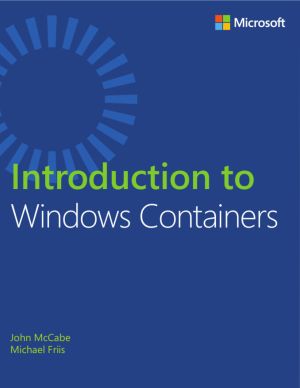
With the introduction of container support in Windows Server 2016, we open a world of opportunities that takes traditional monolithic applications on a journey to modernize them for better agility. Containers are a stepping stone that can help IT organizations understand what key items in modern IT environments, such as DevOps, Agile, Scrum, Infras...
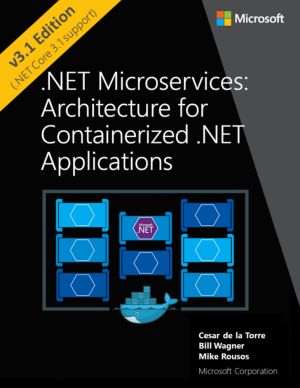
This guide is an introduction to developing microservices-based applications and managing them using containers. It discusses architectural design and implementation approaches using .NET Core and Docker containers. To make it easier to get started with containers and microservices, the guide focuses on a reference containerized and microservice-ba...
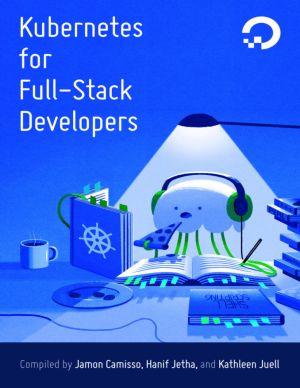
Whether you're just curious, getting started with Kubernetes, or have experience with it, this curriculum will help you learn more about Kubernetes and running containerized applications. You'll learn about core Kubernetes concepts and use them to deploy and scale applications in practical tutorials. By the end of this curriculum you'...
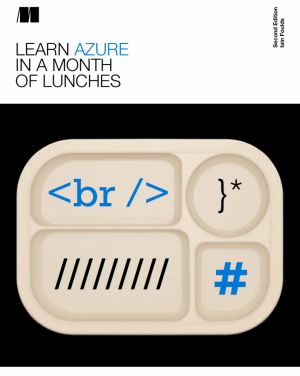
More than 100 Azure services offer everything you need to build and run your applications with all the performance, redundancy, security, and scale that the cloud has to offer. But knowing where to begin with all these services can seem overwhelming.
Learn Azure in a Month of Lunches, 2nd Edition, is a tutorial on writing, deploying, and running...
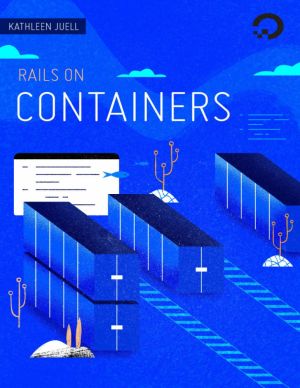
This book is designed to introduce you to using containers and Kubernetes for full-stack development. You'll learn how to develop a full-stack application using Ruby on Rails and PostgreSQL with Sidekiq, and how to manage them all - first with Docker, then with Docker Compose, and finally with Kubernetes.
The topics that it covers include h...
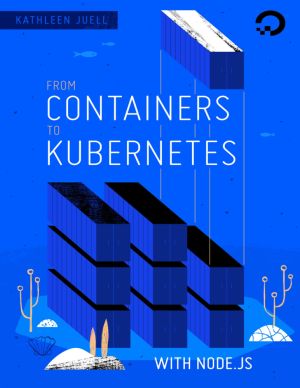
This book is designed as an introduction to containers and Kubernetes by way of Node.js. Containers are the basis for distributed, repeatable workflows with orchestrators such as Kubernetes, and they allow developers and operators to develop applications consistently across environments and deploy in a repeatable and predictable fashion.
The exa...

